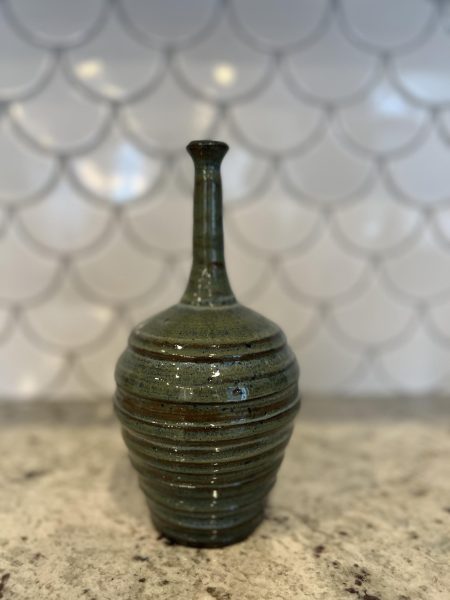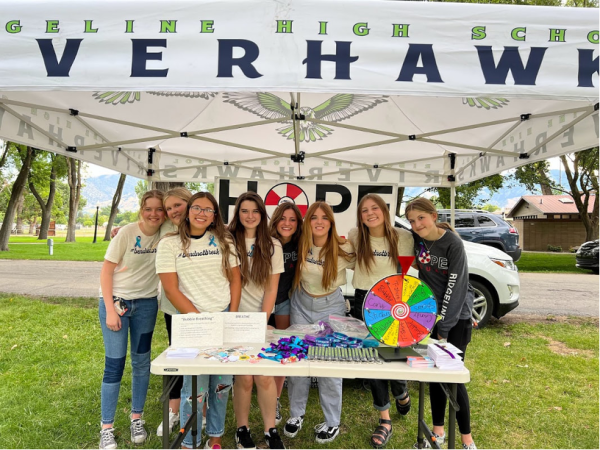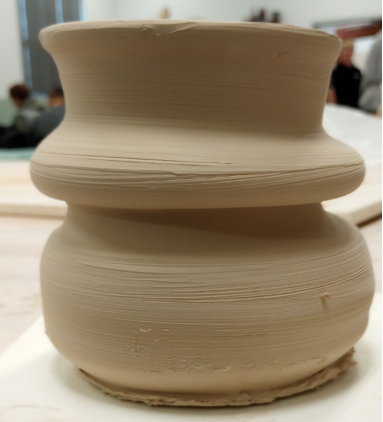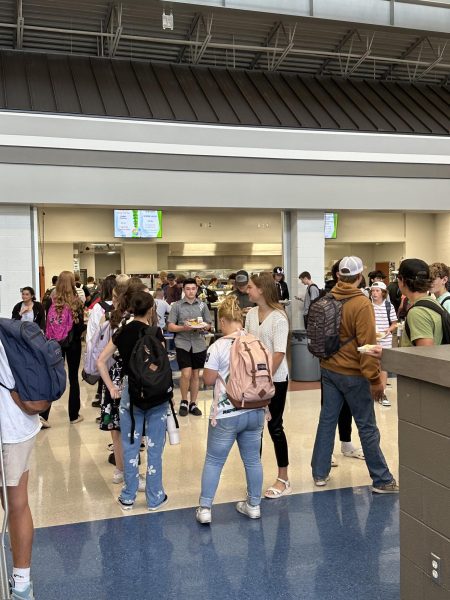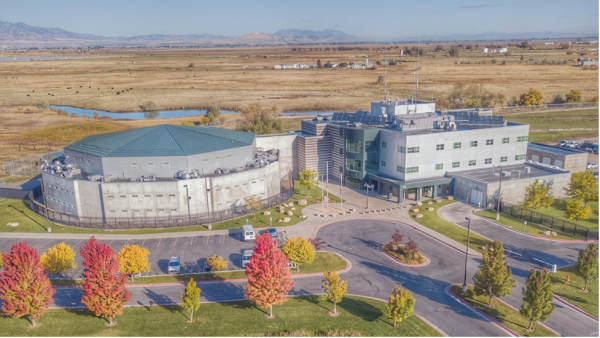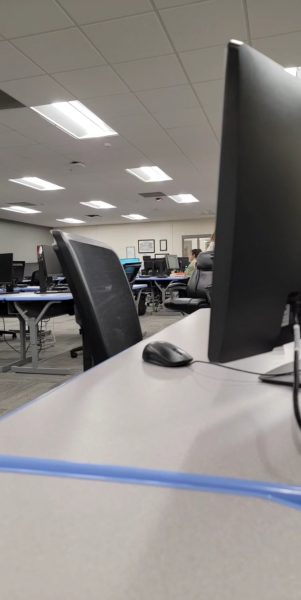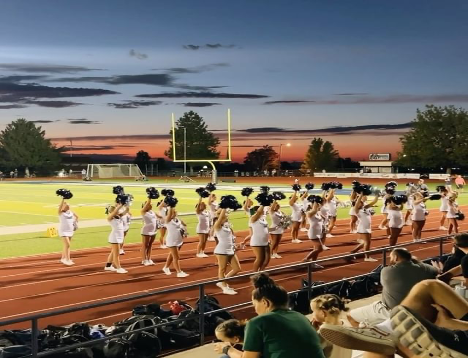High School Relationships: Do YOU Have What it Takes to be Successful?
January 25, 2023
NOTE: Names have been changed to protect the privacy of those interviewed
Many students have experienced a high school relationship, know someone in a high school relationship, or have at least daydreamed about one at some point. But are these relationships realistically going to be successful? Statistics show that only 2% of high school relationships are “successful”, meaning they result in marriage. However, after learning from people of various experiences and perspectives on this specific topic, perhaps there is more than one way to frame a relationship as “successful”. Lisa, who is currently in a high school relationship of 1.5 years, and Alison, who has been in a recent past high school relationship, both believe a relationship can be defined as “successful” if you learn from it in any way. Lisa said: “If my boyfriend and I were to break up… I would say our relationship was still successful because I learned a lot about being in a relationship and what it’s like having to deal with another person’s problems that you normally wouldn’t have to deal with, in say like your friend group…You learn how to love a person. If you learn something from it, I’d say it was pretty successful”. Alison’s thoughts were similar. She said “If you end on good terms, and if you both come to the conclusion together that it wasn’t meant to be, but you still had fun together and learned stuff, then I think it’s good”.
With a broader perspective on successful relationships, Let’s dive into some more insight on high school relationships.Many may wonder how most of these relationships even begin. Both Jenny, who has been married to her high school sweetheart for 18 years, and Alison agree that friendship usually can play a significant role. Jenny said that before she and her husband began dating,they were in the same friend group that did a lot of fun activities together. Alison also began her previous relationship as friends before transitioning to dating. Both Lisa and Alison, who are current high school students, agree that several high school relationships also begin through a “friend of a friend” and/or connecting with someone you’re interested in through social media. Lisa said that she met her now-boyfriend through a mutual friend, but really began to connect further with him through Snapchat before they began hanging out and eventually dating. Her initial concern about connecting through social media with him was that perhaps he wasn’t quite the same in person as he was online. She thought that “maybe he just puts out a good image” online, which she worried was unhealthy. But after beginning to hangout more in person, her worries concerning his authenticity were dispersed.
While it’s insightful to see how many relationships begin, it also might be even more so to try and understand how and why they end, and especially why so many high school ones in particular. Jenny, Lisa, and Alison all found misunderstandings and poor communication to be common points of breakdowns in relationships. In addition, people often change and start heading in different directions which results in some relationships that are “just not meant to be”. According to Lisa, some relationships end with good terms and in healthy ways when both understand that they’ve changed and just might simply not be compatible anymore. Others end with much less healthy circumstances when there is jealousy or some form of cheating and mistrust involved. Jenny wisely pointed out that some couples “don’t like each other for the right reasons in the beginning” which may be the first big piece in a relationship eventually ending. Alison attributes so few high school relationships working out in part to teens brains still being in a developing stage, “…in high school our brains aren’t developed fully and we change a lot throughout, like our brains change a lot so you can start dating somebody based on your younger brain and then you grow up or you change and it’s just not meant to be anymore”. Both Lisa and Alison described leaving the blissful “honeymoon phase” of a relationship as a point when problems may begin to arise. Sometimes people get bored of one another or simply realize that they don’t intend for their relationship to go beyond high school which results in a parting of ways.
Jenny is glad that she and her then-boyfriend dated other people after high school because it allowed them to develop their emotional intelligence further and grow individually. Despite dating other people, they still liked each other, remained close friends, and continued to hangout. After her now-husband returned from a two year mission, they knew pretty quickly they wanted to be back together again and eventually got married. Her parting advice for those hoping to pursue a high school relationship successfully is to really think about it first and the qualities you want in a relationship. She said you have to have the same standards and “…genuinely like them and want to be with them” in order for it to be a good and healthy relationship. Lisa and Alison both advise making your priorities clear at the beginning of a relationship, such as putting school and family first. This is a first key step in having good communication. Lisa would encourage others to make sure they balance time with their friends and boyfriend (or girlfriend) so they can maintain close friendships, something she hopes to improve on. Although it may be difficult for some, she recommends that people “be open with their parents” about their relationships as she has found her parents to be great resources when it comes to resolving issues that arise. Alison emphasized taking a relationship slow, even though it can be hard sometimes. In addition, Alison finds communication to be key to a successful relationship as well as being aware of each other’s love languages.
While statistically few high school relationships last, they can still be successful if approached correctly. If a person learns or grows from a relationship in any way, consider it a success.


